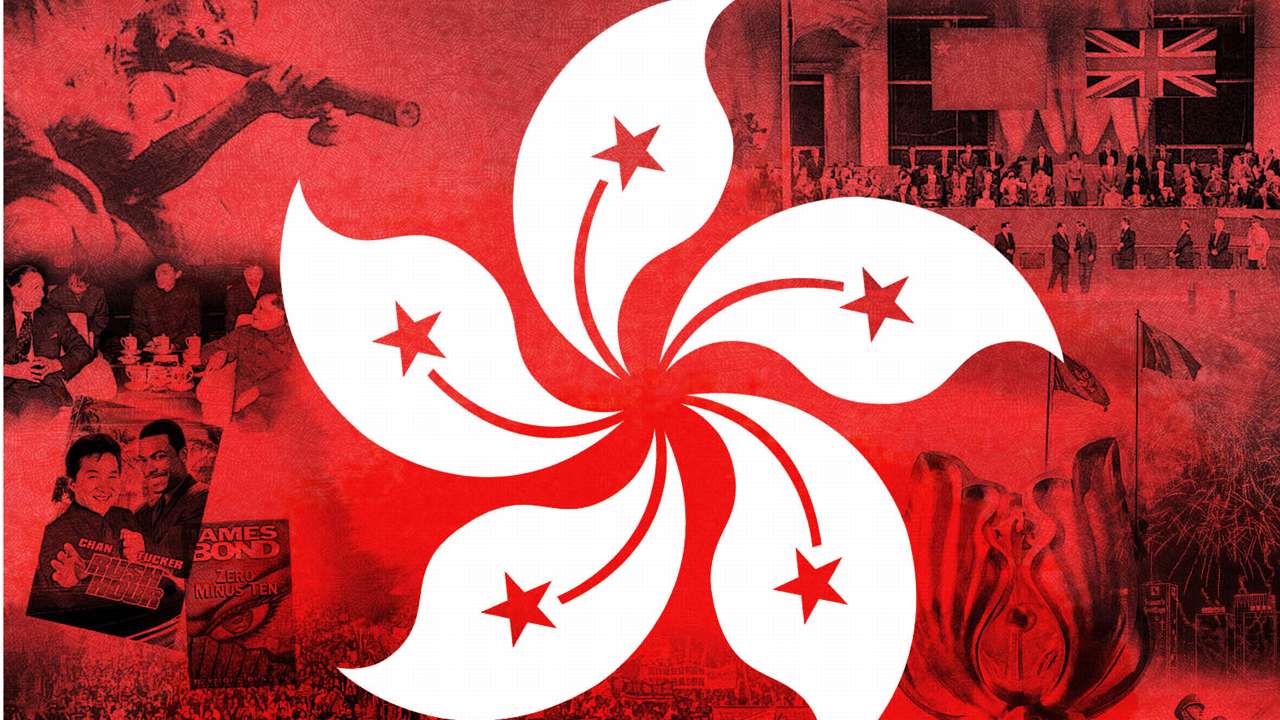On March 19, 2019, the Centre for the Study of Global Japan hosted a panel event as a part of its JAPAN NOW lecture series. The event was entitled “Japan’s Role in the Global Governance of Non-Proliferation and Outer Space,” and it took place at the Munk School of Global Affairs and Public Policy. This event was co-sponsored by the Consulate General of Japan in Toronto. Professor Louis W. Pauly, Interim Director of the Centre for the Study of Global Japan, delivered the welcoming and closing remarks at the lecture. The Consul General of Japan in Toronto, Ms. Takako Ito, also delivered an opening address.
In light of the historical and recent developments of the international space race since the landing of Apollo 11 in 1969, Consul General Ito discussed the challenges of technological development in the space industry over the course of the past several decades. A notable example is the return of Hayabusa, a robotic spacecraft carrying sample material from a small near-earth asteroid. Subsequently, Consul General Ito formally introduced Mr. Kazuto Suzuki, Vice Dean and Professor of International Politics at the Graduate School of Public Policy at Hokkaido University in Japan. His past research experiences share affiliations with the Fondation pour la Recherche Stratégique in Paris, the University of Tsukuba, Princeton University, and the Panel of Experts for the Iranian Sanction Committee under the United Nations Security Council. Professor Suzuki has also served as the President of the Japan Association of International Security and Trade. This event was chaired by Professor David A. Welch, University Research Chair and Professor of Political Science at the University of Waterloo and the Balsillie School of International Affairs.
Professor Suzuki’s lecture focused on Japan’s efforts in the global rule-making process, specifically in relation to nuclear non-proliferation and outer space. Starting with Japan’s high-tech dilemma, Professor Suzuki discussed Japan’s history of nuclear and space technologies. Japan’s limited domestic energy resources render investment in competitive industry an urgent and necessary endeavor, and nuclear and space technologies were strictly limited to peaceful purposes after World War II. However, the development of scientific capabilities in this field is closely associated with potential military capability and national security. Subsequently, Professor Suzuki discussed Japan’s nuclear policy and its commitment to non-proliferation. In general, the Three Non-Nuclear Principles (not possessing, not producing and not permitting the introduction of nuclear weapons) have guided Japan’s nuclear policy in the post-war era. However, the growing domestic demand to “catch-up” and the voice of pro-nuclear engineers and advocates have led to the emergence of “Nuclear Village,” a group of nuclear-related experts in industry, academia, administration, and local government. Aside from international regulations on the peaceful uses of nuclear technology, the Nuclear Village also faced resistance from public opinion in Japan. The Fukushima accident in 2011 left deep ambivalence and uncertainty in the public consciousness with regards to nuclear energy.
Japan has complied with its international obligations to support the non-proliferation of nuclear weapons. Professor Suzuki elaborated upon the Three Principles of Arm Exports that Japan adheres to, which prohibits the export of nuclear technologies to Communist states, any countries under an UN arms embargo, and concerned parties in conflict. Professor Suzuki also discussed the Toshiba Machine incident of 1987, when a Japanese company was accused of illegally supplying weapons to the Soviet Union. This revelation was followed by heavy criticism from the United States, and facilitated the re-establishment of an export control system and an internal compliance procedure.
With regards to Japan’s space policy, Professor Suzuki reviewed the Exclusively Peaceful Purpose Resolution in 1969 and its influence. The Diet resolution of 1969 established the principle of peaceful use of space. As stipulated in the resolution, Japan’s Ministry of Defence and Self-Defense Forces shall not invest, develop, own, operate, or use space technology. According to Professor Suzuki, the 1969 Resolution became an obstacle for joint operations with the U.S. and friendly states. It was not until 1985 that partial authorization was allowed for “use” of space by Japan’s Self Defense Force. Under these circumstances, Japan lacked competitiveness in the commercialization of space and in security affairs, because Japan lagged behind in the development of space-related technology. Indeed, the Taepodong missile launch by North Korea in 1998 revealed the lack of Japan’s reconnaissance capability.
The increasing importance of space in security, the emergence of private space ventures, and the heavy dependence on space for socio-economic activities triggered the demand for a new Basic Space Law in Japan. As a member of the committee on industrial and security policy of the National Space Policy Commission, Professor Suzuki contributed to the drafting of the 2008 Basic Space Law. This law aimed to increase the role of the Japanese government in decision-making, focusing on security and industry policy. Most importantly, the Basic Law sought a departure from Japan’s “catch-up” position in the field of space activity. In envisioning Japan’s transition from the role of a rule-follower to that of a rule-maker, Professor Suzuki provided his insights on Japan’s increasing sense of insecurity and the challenges it faces from other international actors.
In conclusion, Professor Suzuki suggested that Japanese decision-making is no longer driven by scientists and engineers. Significant normative changes in the areas of non-proliferation and space will come into fruition as the result of shifting global circumstances. Institutional changes on a global and national scale are to be expected, but Japan has not yet taken a leading role due to its inveterate “catch-up” mentality, lack of political leadership, and the unpredictability of the current U.S. administration.
Nina Zhou studied History and East Asian Studies at the University of Toronto. She is currently serving as an Event Reporter for the Synergy Journal of Contemporary Asian Studies.








